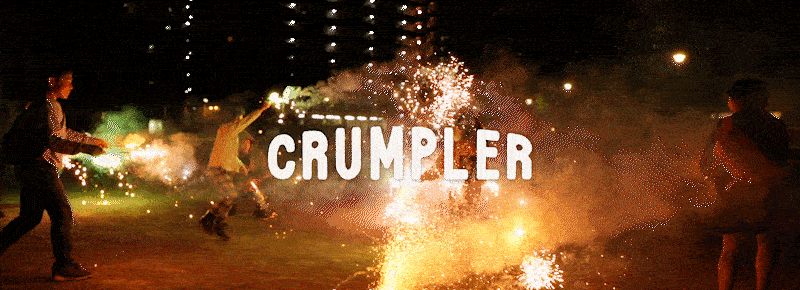We’re having lunch on campus. We’re getting to the pointy end of the semester, and the pointy ends of our degrees, but at this moment, nothing matters to me quite as much as your bruised heart. You’re telling me his reasons as if they are the only things that matter. I’m nodding and wishing they had loved you better, like you needed them to. A truth sits on my lips like a kiss not yet given. I speak it softly so that you don’t flinch: You deserve better.

‘You deserve better’ are three words I’ve never said without meaning. They’re also words I’ve never heard without knowing them to be true.
The realisation that you could, and maybe should, be getting more out of your relationship is bittersweet. On one hand, it’s comforting to know the kind of love you crave isn’t unreasonable, that it exists somewhere and could very well be yours in future. On the other hand, it’s disappointing to come to terms with the fact that your partner isn’t fulfilling your needs. Especially if it’s an issue you’ve brought up before and have already tried to work through. It’s heartbreaking to sit with the fact that someone you care for is consistently letting you down. And it’s uncomfortable to admit to yourself that you’re letting them get away with it.
Many a time have I made a feast out of breadcrumbs, and I’ve watched others do the same.
We often take what we can get in casual or online dating because it’ll do. Because it seems fixable, or at least work-through-able. Because it’s not a dealbreaker, yet.
We often keep trying to make it work in long-term relationships because we don’t know when to let go. Because we’ve worked through so much already, and because losing your best friend is a hefty price to pay.
Sometimes we call it compromise, sometimes we call it settling. But where do we draw the line?
Compromise involves finding a middle ground. It implies a mutual agreement among partners, where there is a balance of expectations with reality, an understanding of wants and needs, and a mutual respect for differing emotional priorities. Compromise is a sign of good faith, working towards a beneficial outcome. It involves making concessions for each other, based on love and respect.
Settling is not that. It’s an unbalanced practice that feels inherently divisive since it’s based on ideas of insufficiency and inequity. No matter which role you play, once you become aware of it, you create a distinction between yourself and your partner based on worth and service, or ability to provide. The word ‘settling’ is loaded. It has a sense of resignation attached to it, like the textual embodiment of a shrug. At its core, it involves a difference in compatibility.
There’s a big difference between ‘compromising’ for someone and ‘settling’ for someone. One implies healthy discussions towards an overall beneficial future, while the other implies a sense of resigned superiority, like a downcast gaze.
I imagine compromise and settling as opposing points on a same graph. I think your position can shift from compromise into the direction of settling, but, due to the unbalanced nature of settling, I’m not convinced you can move in the opposite direction quite as easily.
I used to be terrified of settling, even before I started dating. Something about the early 2000s convinced my impressionable, developing brain that settling was a crime, both to yourself and your other half. I’m a lot more forgiving now.
In 22 years, I have compromised, and I have settled, and I have lost and found myself trying. I know I will do it all again. And, I must admit, I’m not as afraid of settling as I am of being a person someone settles for. But even then, I understand it’s a part of life and the trials and tribulations of dating.
Every once in a while, I have conversations that make me ache for people’s hearts. Conversations that leave me wishing they’ll find someone new to treat them right or leave me wanting to be the person that loves them better.
Almost everyone I know around my age has their hands full with the overwhelming loneliness of adulthood, baggage from previous relationships, and a deep-rooted yearn for companionship. We’re all just doing what we can, collecting heartbreaks like participatory medals, and learning from trial and error and error and error.
I don’t believe either compromising or settling is inherently good or bad. I think you can find happiness or misery in either stance, and that will depend on your personality, mindset, and priorities.
I do think you should prioritize happiness and fulfilment. And if you feel like you’re compromising on those two things, or you’re settling at the cost of them, then it’s time to reconsider your relationship and begin to explore the possibility that you might indeed deserve better. Or, at the very least, deserve different.
***
UnSEXpected is a Glass column dedicated to the things we learn about sex and intimacy through conversations with friends. If you have any unique, funny or interesting stories you’d like to share, please get in touch! It’s the team’s goal to make this column a fun, safe and diverse space.







